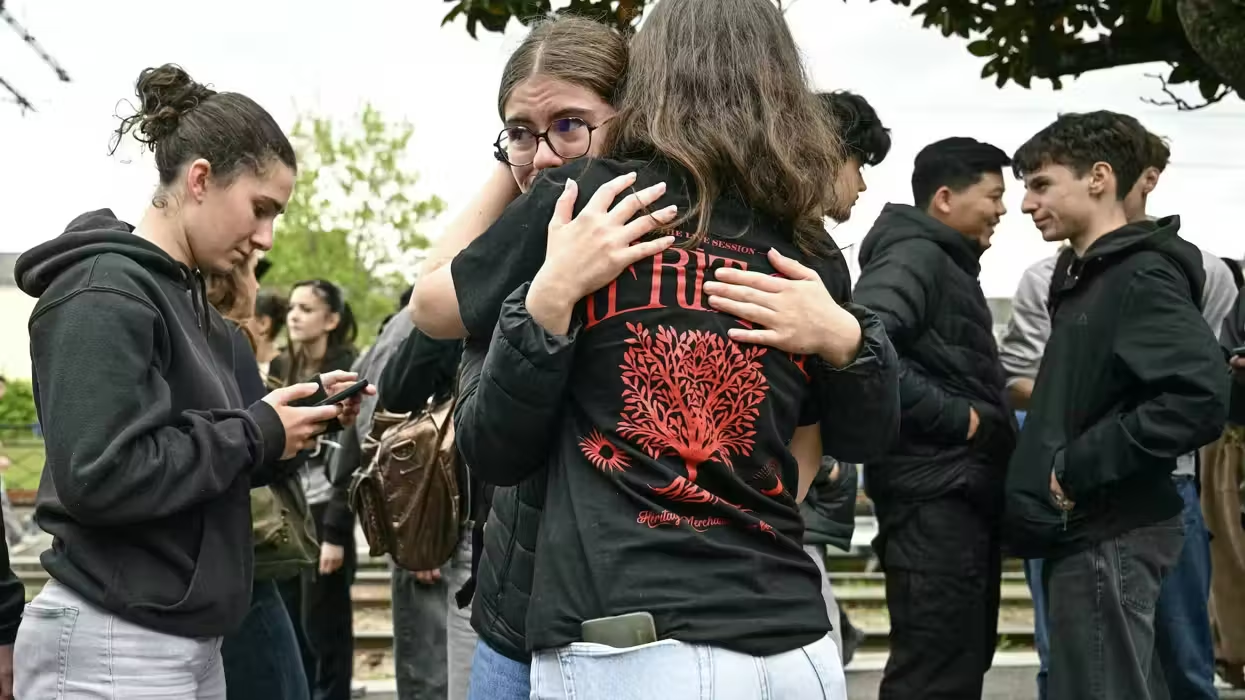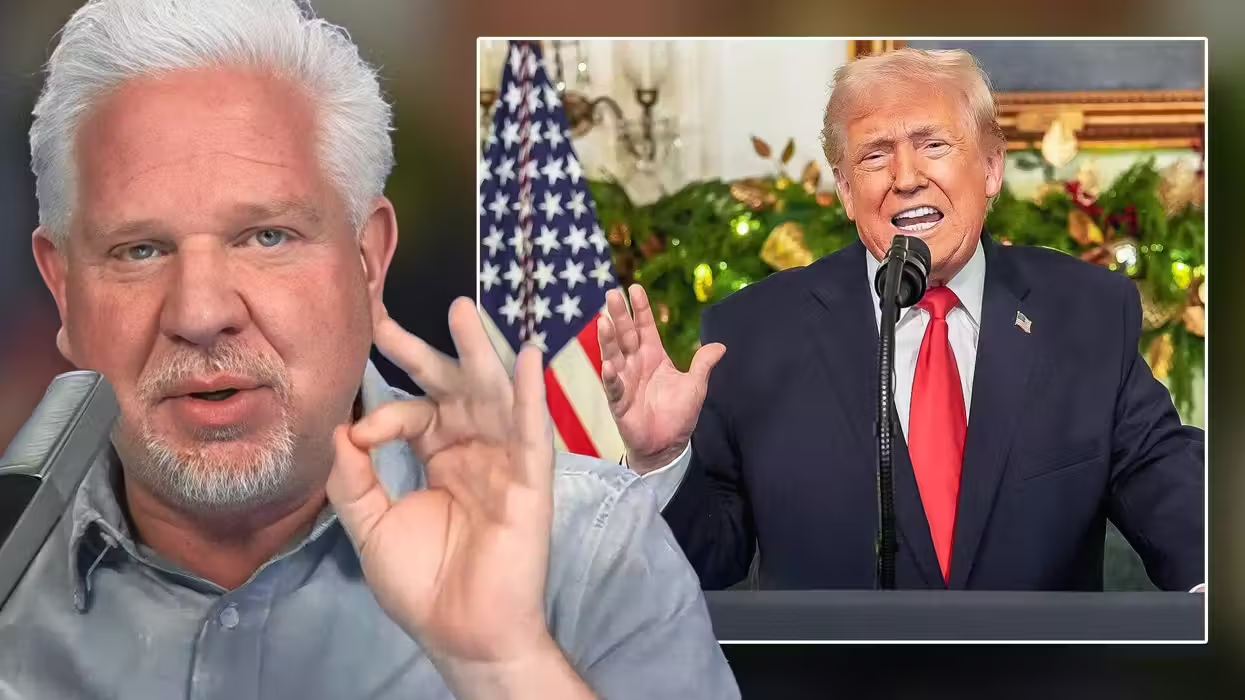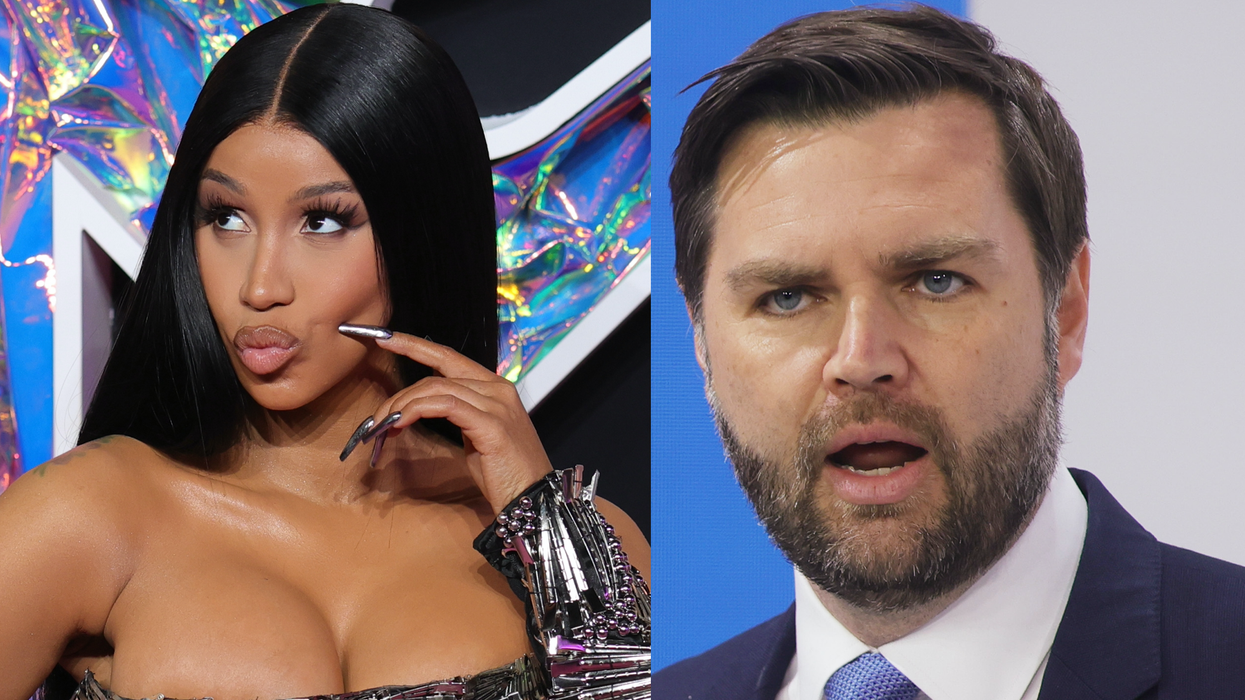Don't look now, but mathematics is awash in "whiteness."
So declared Rochelle Gutierrez, a mathematics education professor at the University of Illinois at Urbana-Champaign, who contributed a chapter to a new book in which she wrote that "on many levels, mathematics itself operates as Whiteness."
Gutierrez — whose "focuses on equity issues in mathematics education," especially "how race, class, and language affect teaching and learning," her school bio indicates — also wrote, "Who gets credit for doing and developing mathematics, who is capable in mathematics, and who is seen as part of the mathematical community is generally viewed as White."
Is it just a white issue?
For Gutierrez, it's not just a white issue — it's a European issue, too.
She added that school “curricula emphasizing terms like Pythagorean theorem and pi perpetuate a perception that mathematics was largely developed by Greeks and other Europeans."
Math privilege, too?
Gutierrez also noted that perhaps an even more important point is that "mathematics operates with unearned privilege in society, just like Whiteness."
“If one is not viewed as mathematical, there will always be a sense of inferiority that can be summoned ...,” she wrote, adding that "so many people are walking around in society who have experienced trauma, microaggressions from participating in math classrooms."
Isn't math objective?
Guiterrez argued for a way of teaching — "political conocimiento" — which not only holds that "politics permeates everything we do" but also that "things cannot be known objectively; they must be known subjectively."
Specifically for math teachers, she wrote that such an educational approach "helps you deconstruct and negotiate the high-stakes world of testing and standardization."
'Creative insubordination'?
Among the tools Gutierrez suggested is "creative insubordination" — a term she first heard "growing up in an activist family" — in which teachers "learn to bend rules and interpret things in ways that rely on a higher ethical standard."
Campus Reform said it reached out to Gutierrez for comment but didn't receive a response in time for publication.







